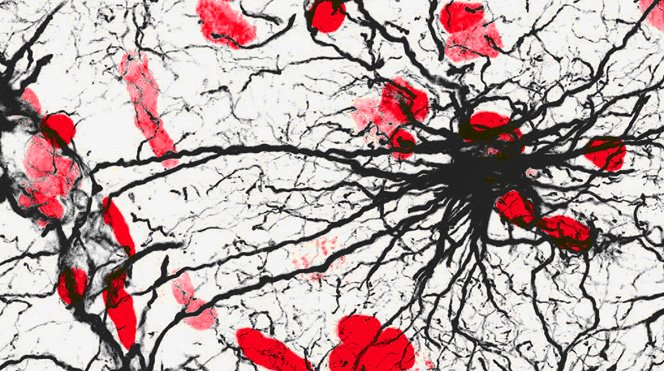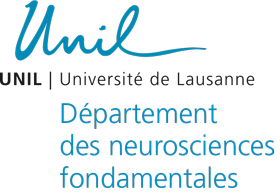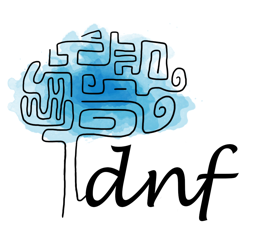PRESENTATION
Astrocytes are intimately associated with synapses and contribute to their formation and function. We are interested in exploring how astrocytes develop and how developmental dysfunctions could contribute to the pathophysiology of brain disorders.
In the nervous system a synapse is a site of communication from one neuron to another. Given the non-stop flurry of these cues, synapses are crucial for brain function, including behavior and cognition. Strikingly, an elaborate network of astrocytes surrounds synapses and this intimate association and their role in the formation, function and plasticity of synapses means that astrocyte dysfunction likely contributes to the pathophysiology of various brain disorders, including those occurring during postnatal development. We are currently exploring fundamental aspects of astrocyte cell biology during postnatal development and some of our key areas of focus include:
• The role of astrocytes in the mechanisms underlying dendritic morphogenesis and synapse formation in the developing cortex;
• The contribution of astrocytes to the pathophysiology of neurodevelopmental disorders.
For these studies we are using a combination of techniques including mouse genetics, in utero electroporation, molecular and cellular biology, advanced microscopy (SEM, confocal and two photon imaging, STED) and behavioral tests.



